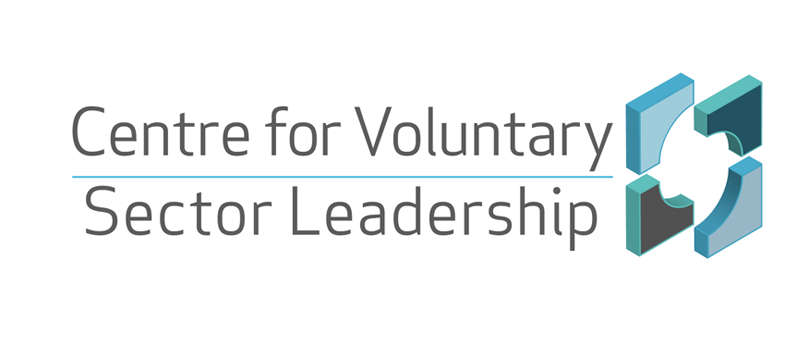Firstly, apologies for joining the discussion so late. Will be catching up over the coming days.
The definition of leadership you have presented is fascinating as it almost removes personality traits and individual leadership and concentrates on processes. I have always conflated this process driven approach with management so it's changed my preconceptions. The only suggested addition I would provide would be something around dedication. The most effective leadership I have witnessed has embodied all of the eight points contained within your definition, particularly the collaborative and participative aspects but has also demonstrated huge dedication to the mission of the organisation or issue at hand. Perhaps this is implicit in the 'energy' point within the definition although I have seen leaders who at time provide great energy to the organisation but at other times seem to lose their passion or commitment to the cause. Perhaps this would therefore be better described as consistency?
Therefore, my defintion would be:
Leadership is a collaborative, political and participative practice that provides direction, dedication, consistency and critical engagement on issues that are made to matter.
I'm aware of how similar this is to the original definition. I think this demonstrates how much it resonates with me and my experiences of outstanding leadership and management. I particularly respond to making issues matter as true leadership can make you care about things that previously didn't matter.
